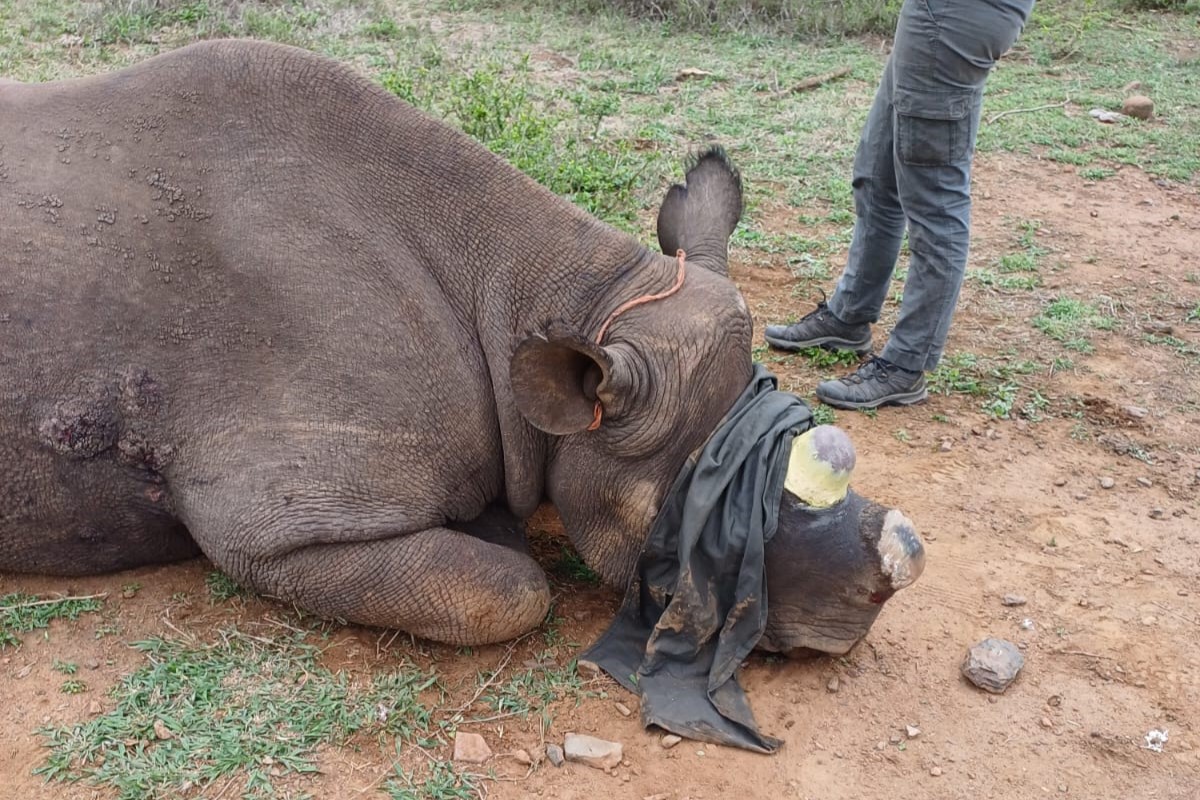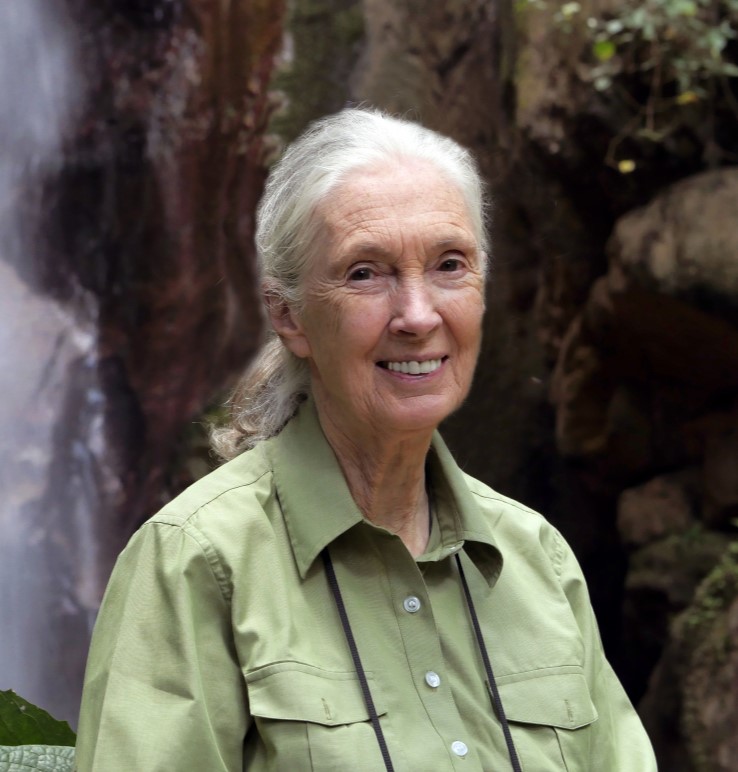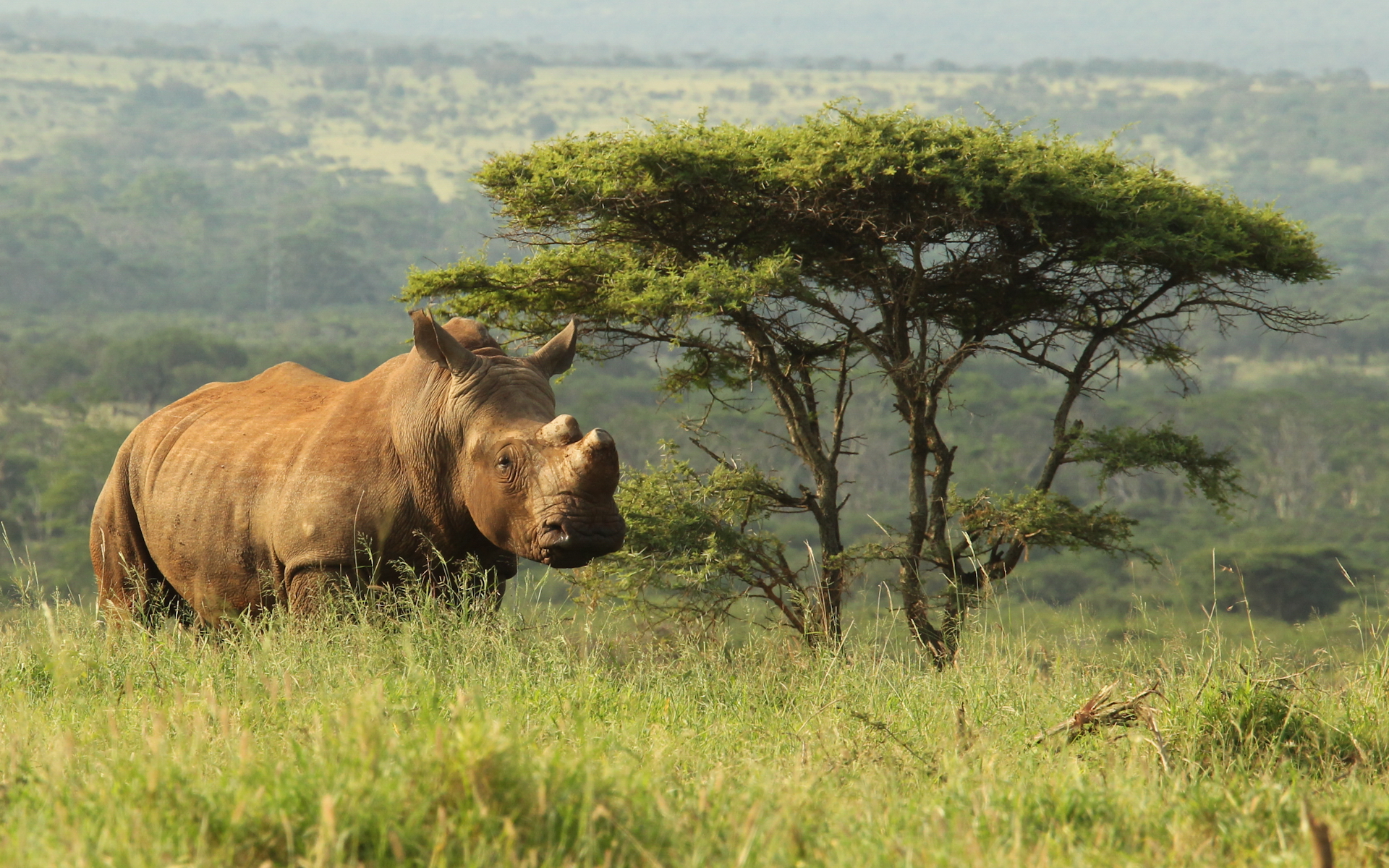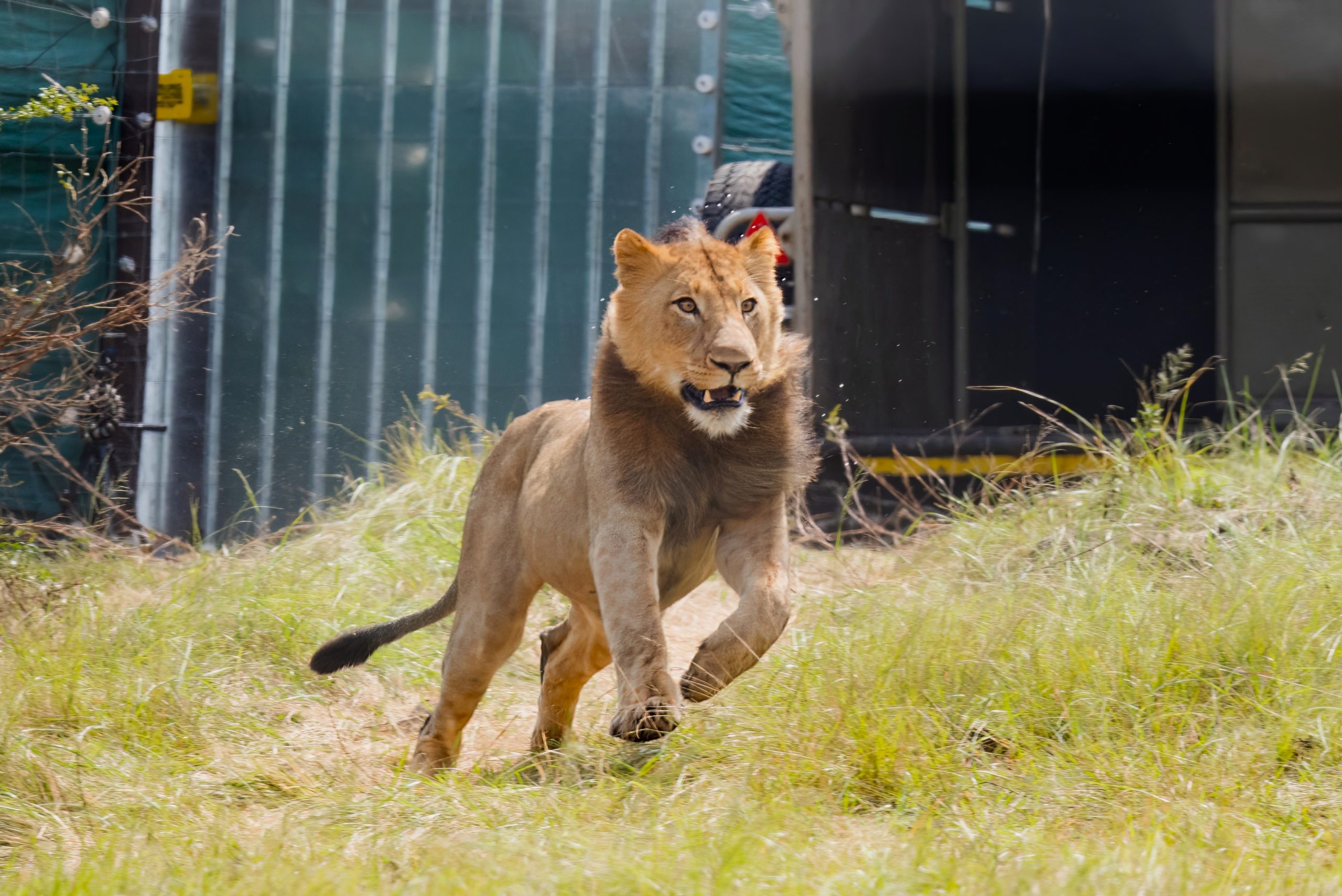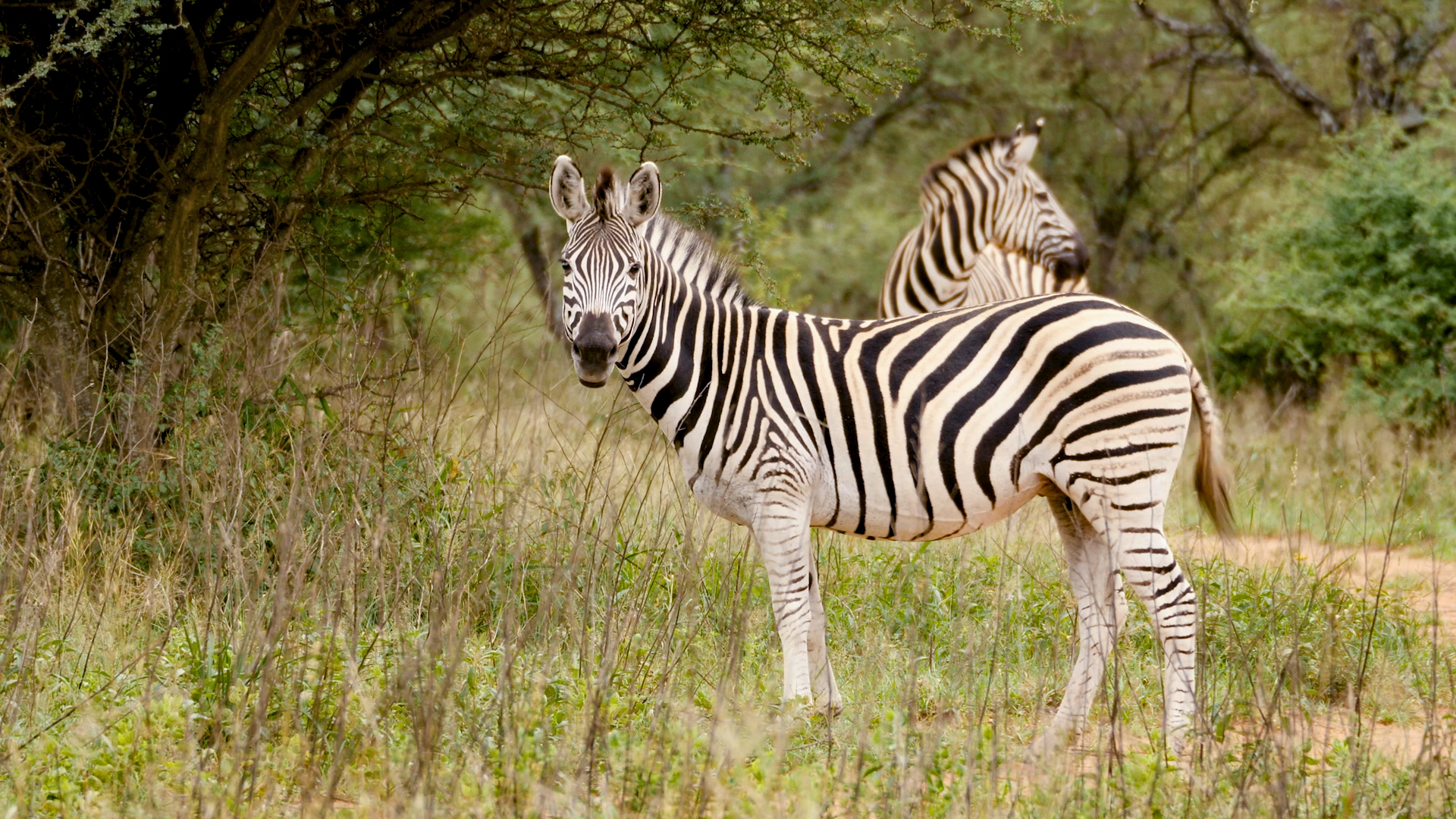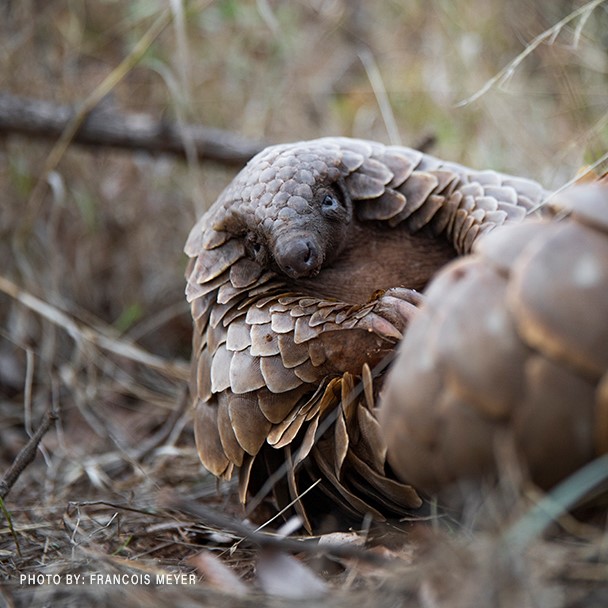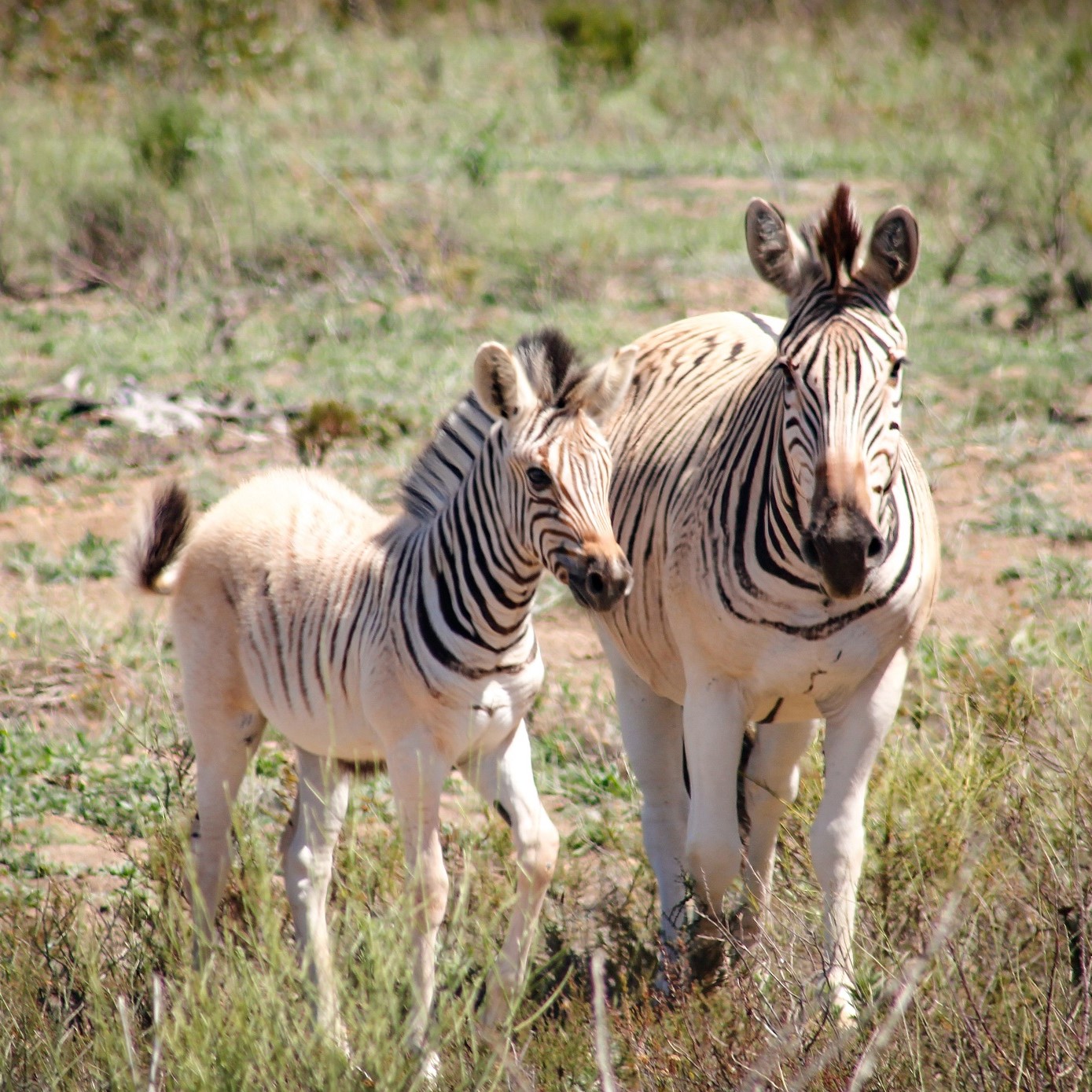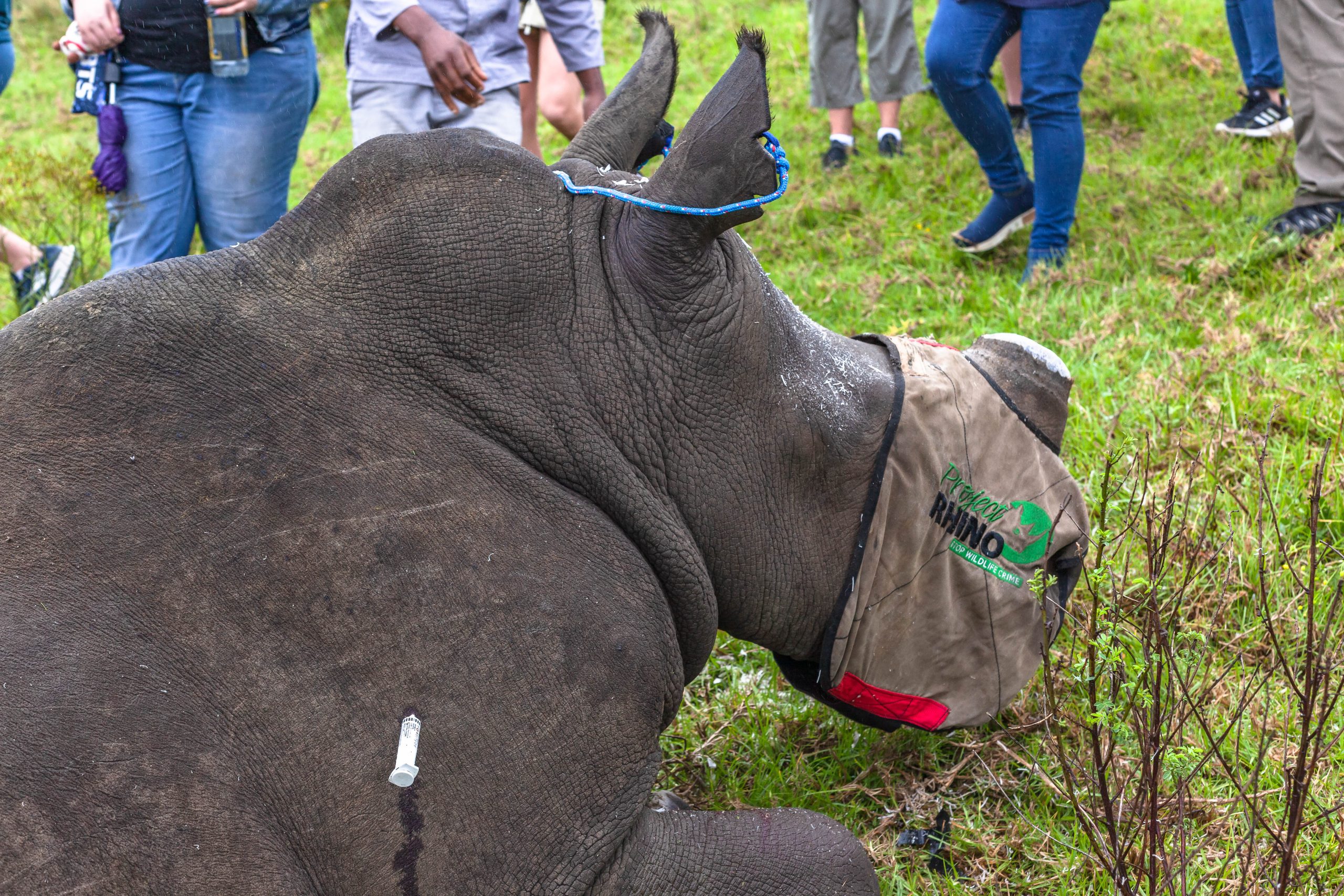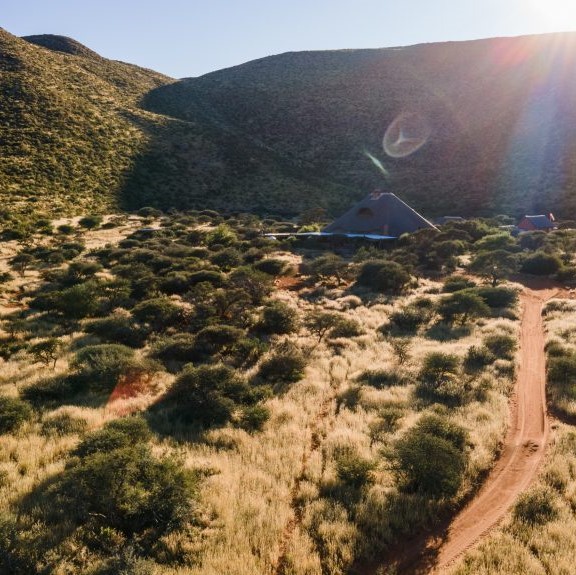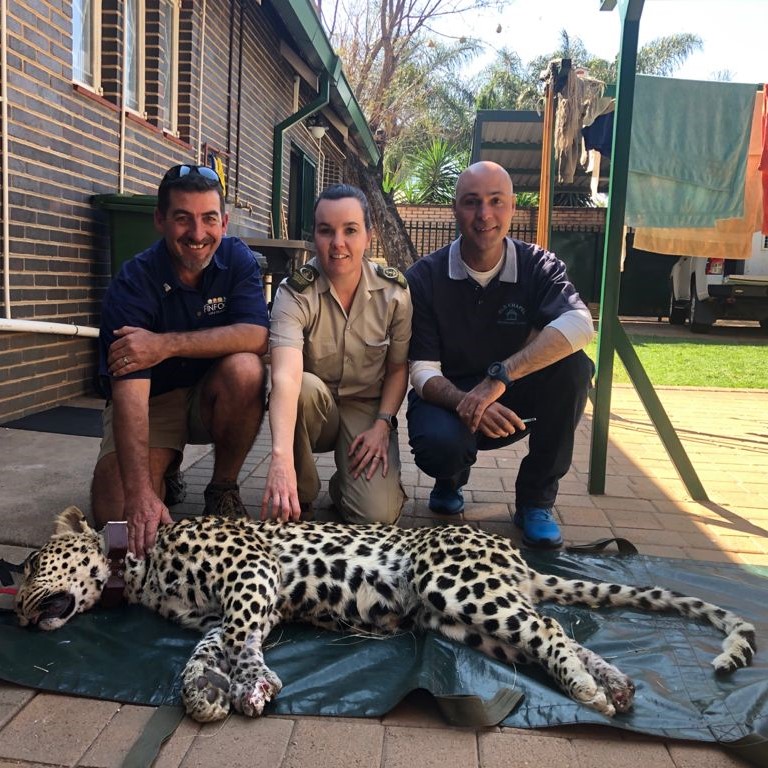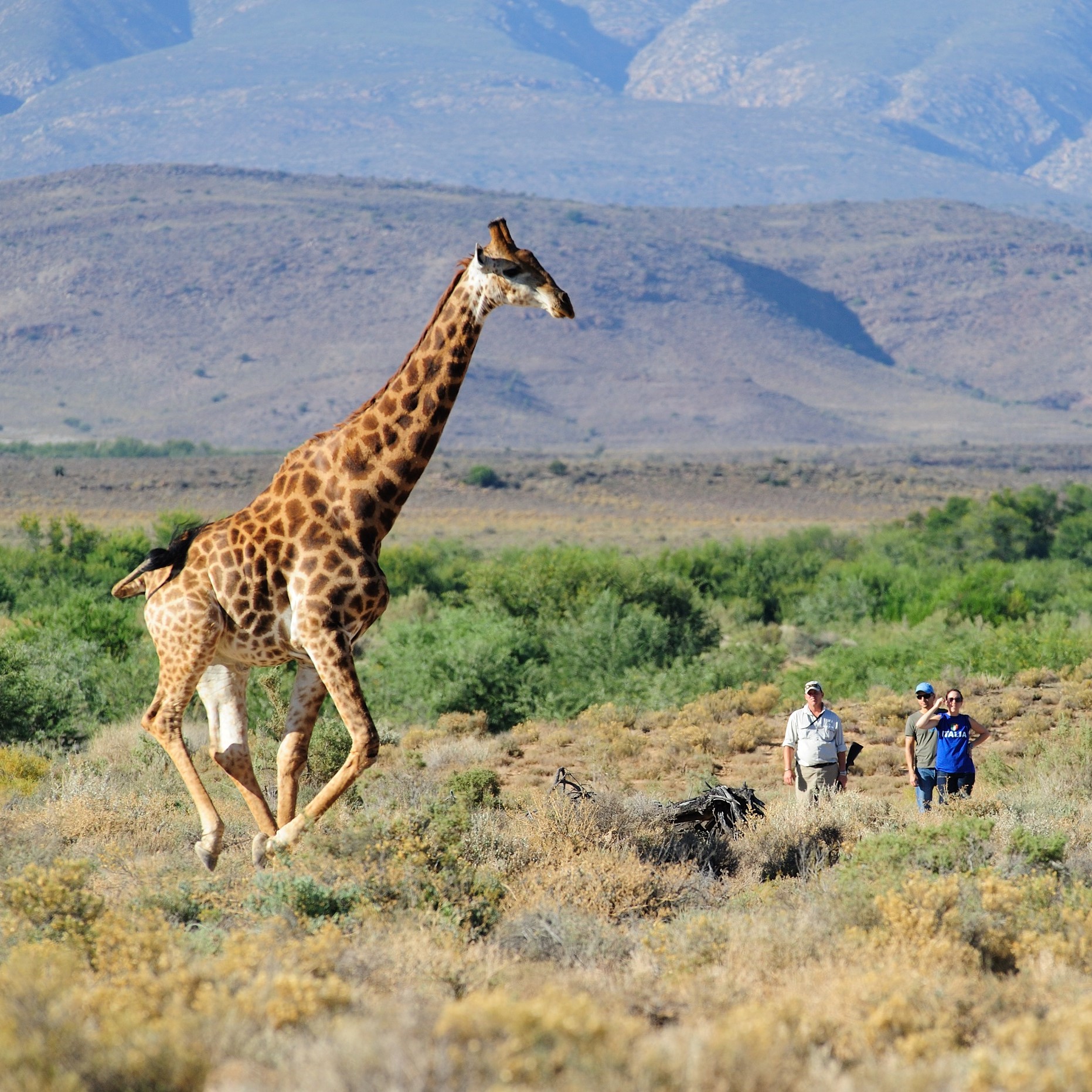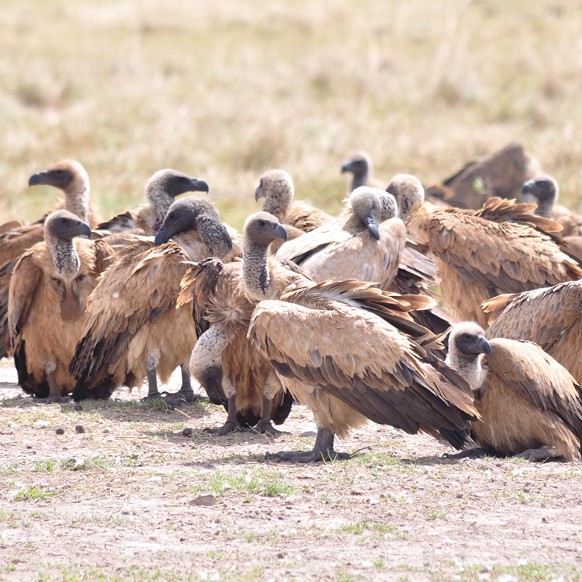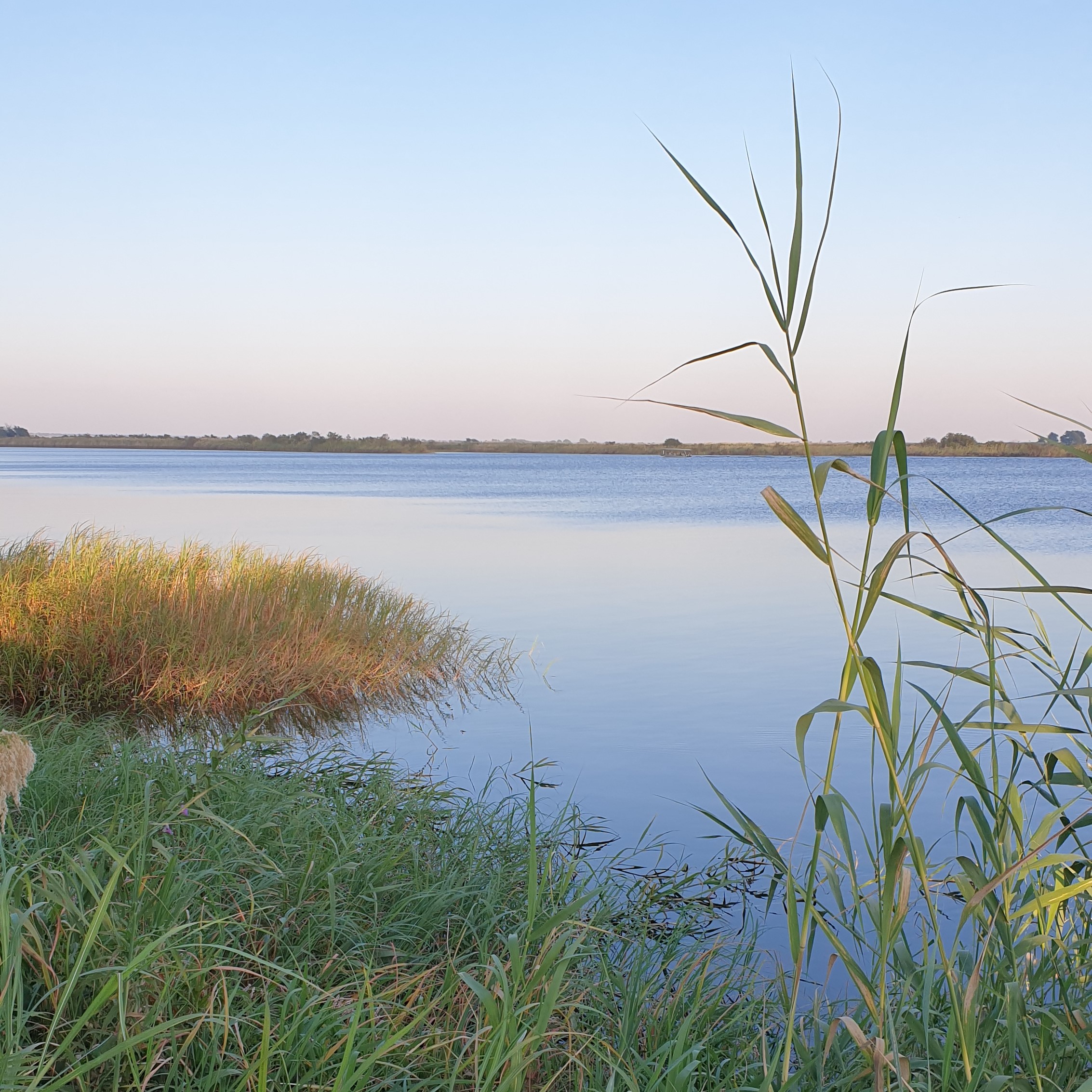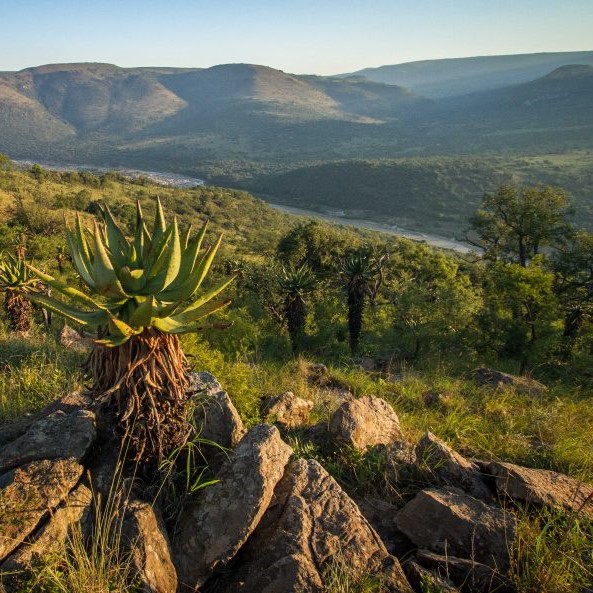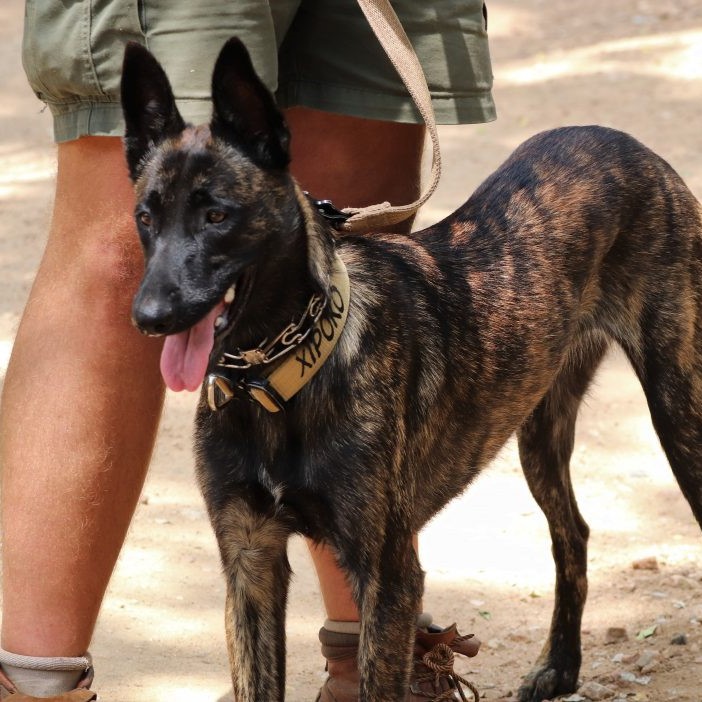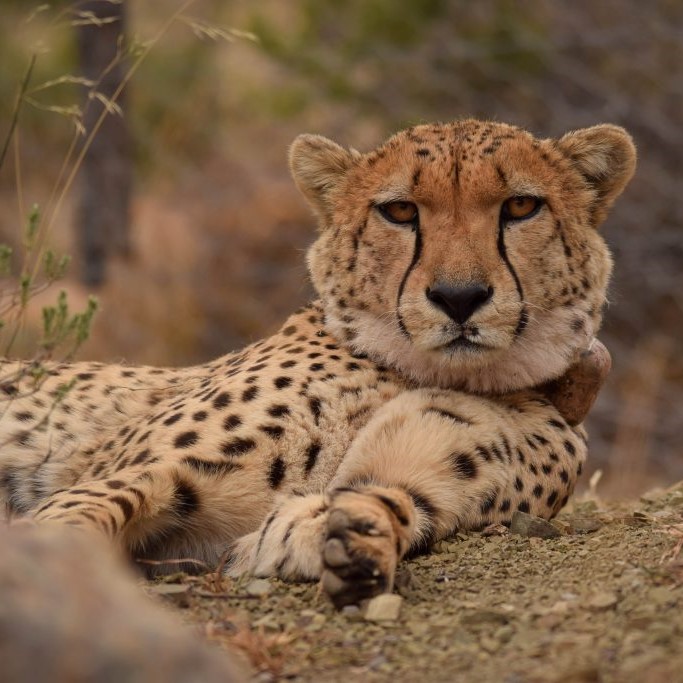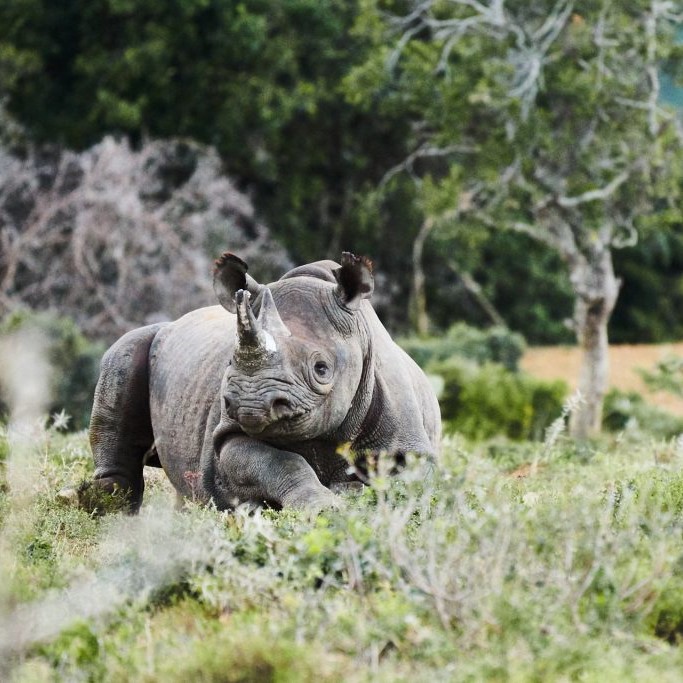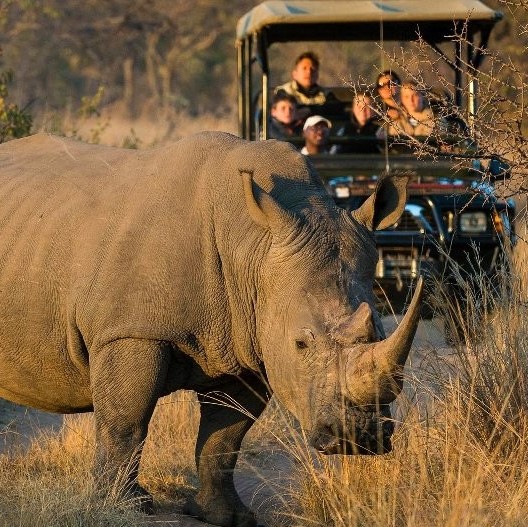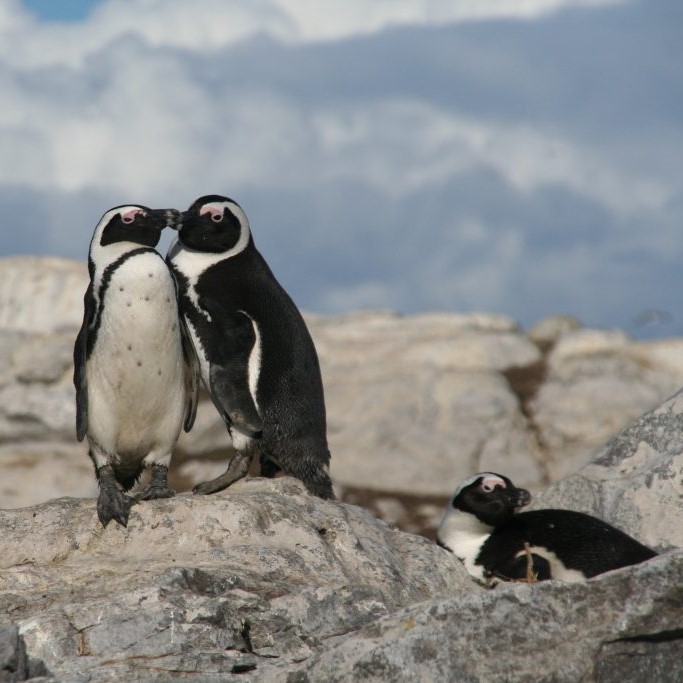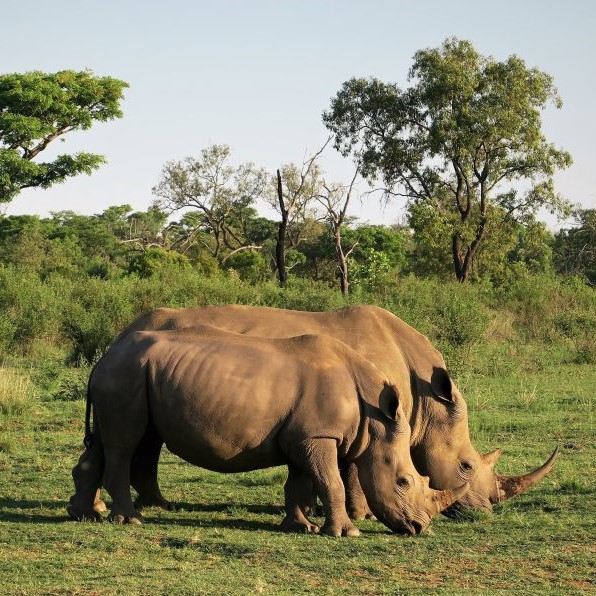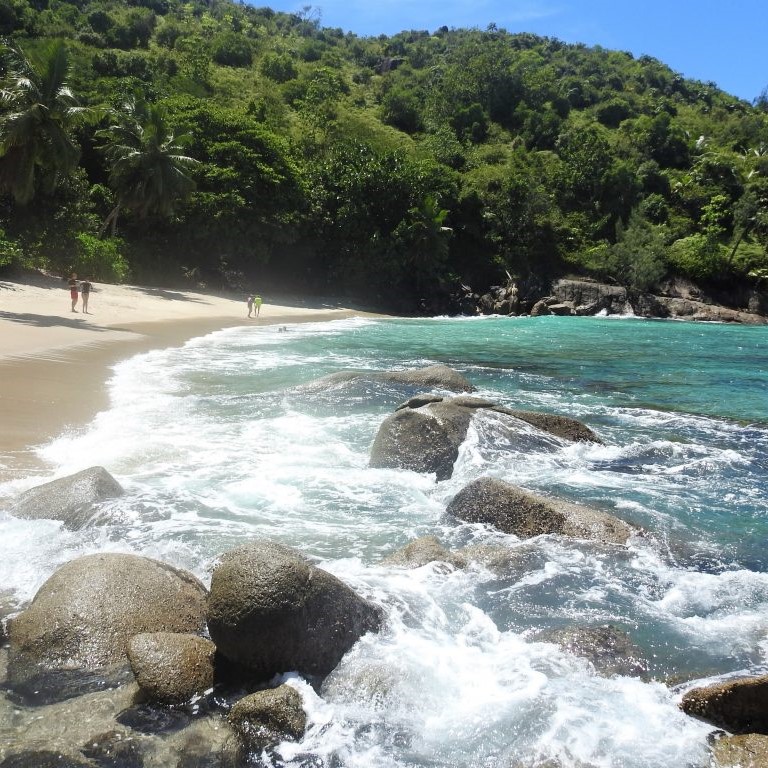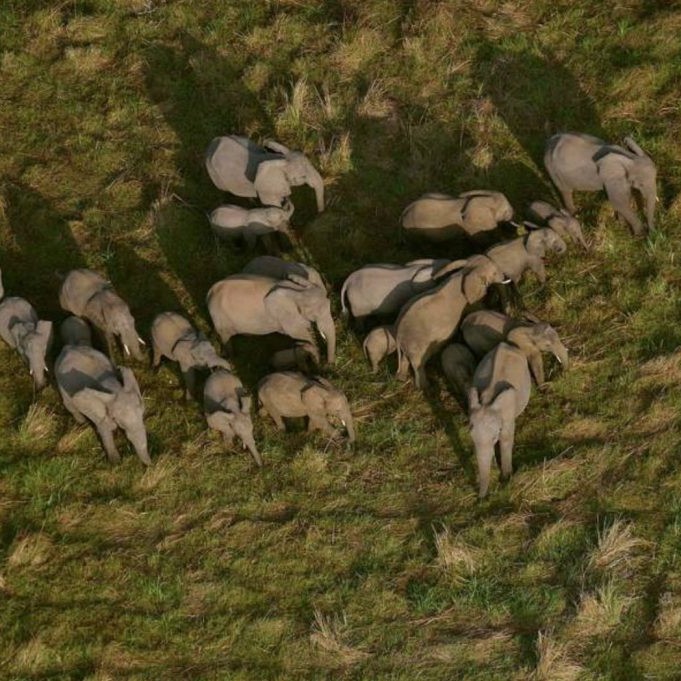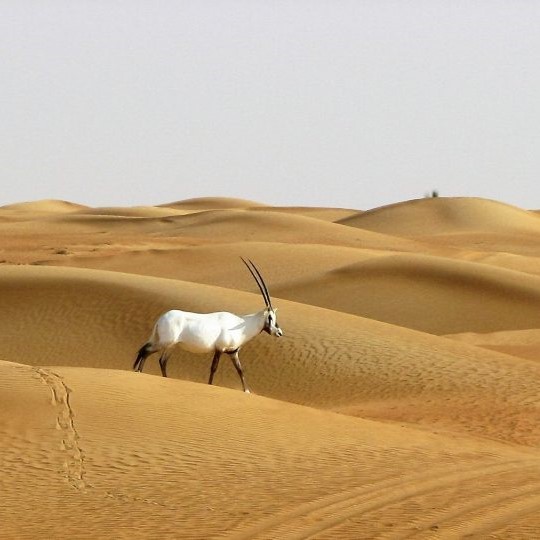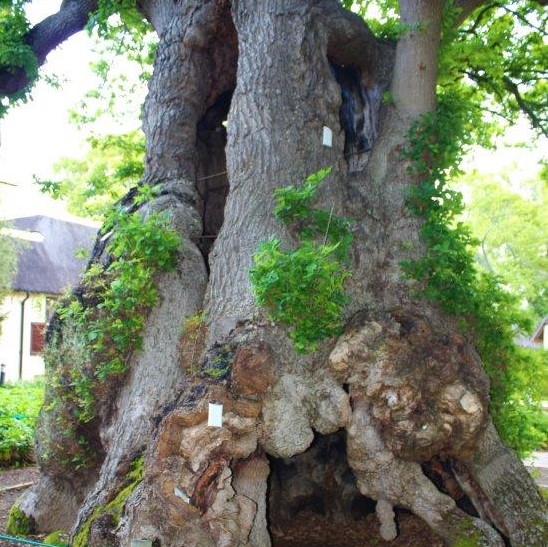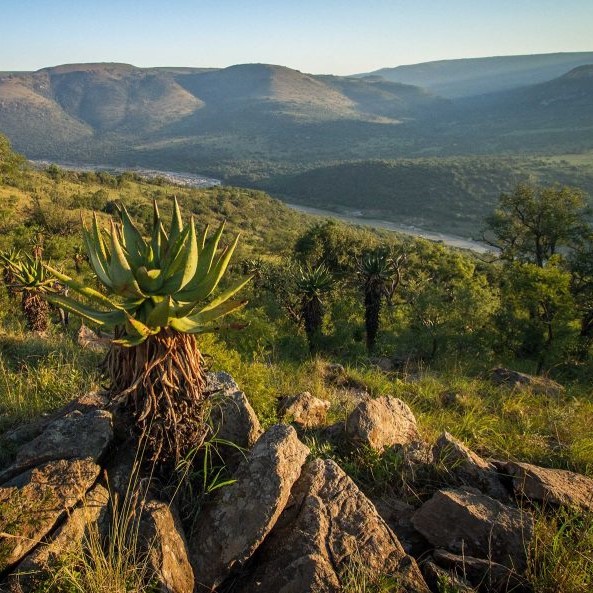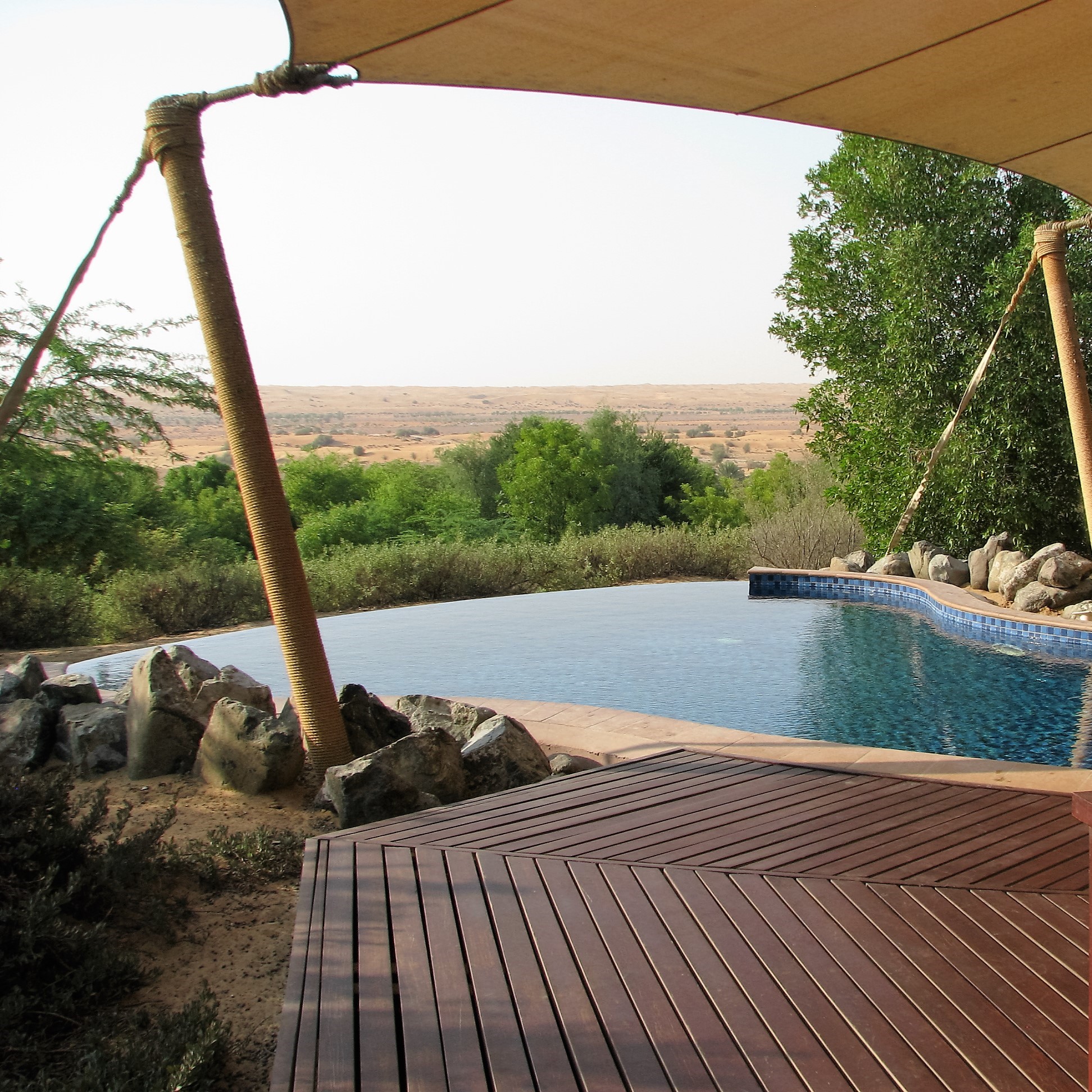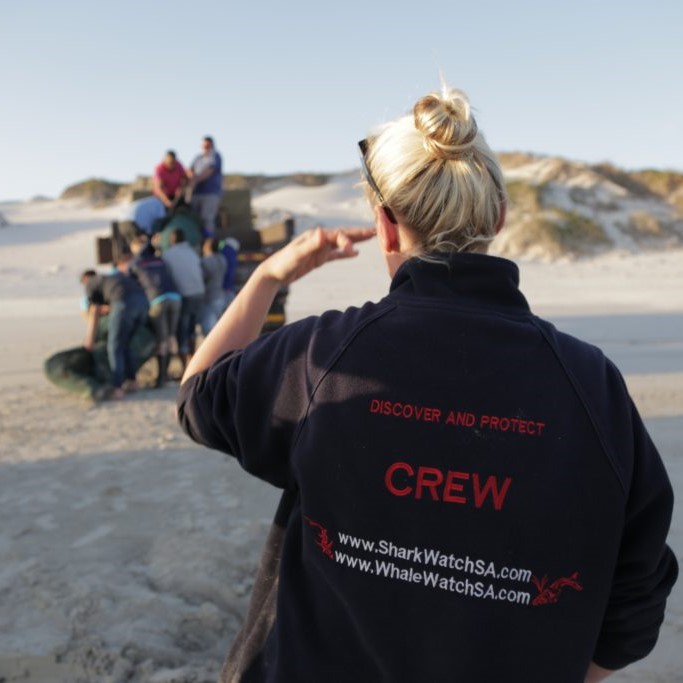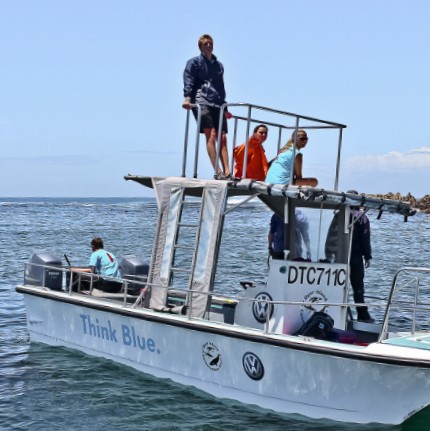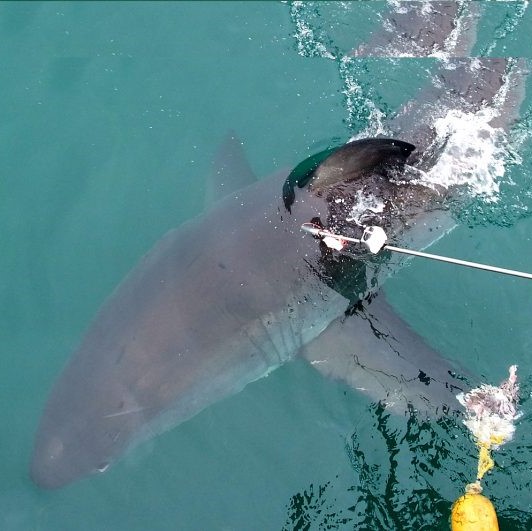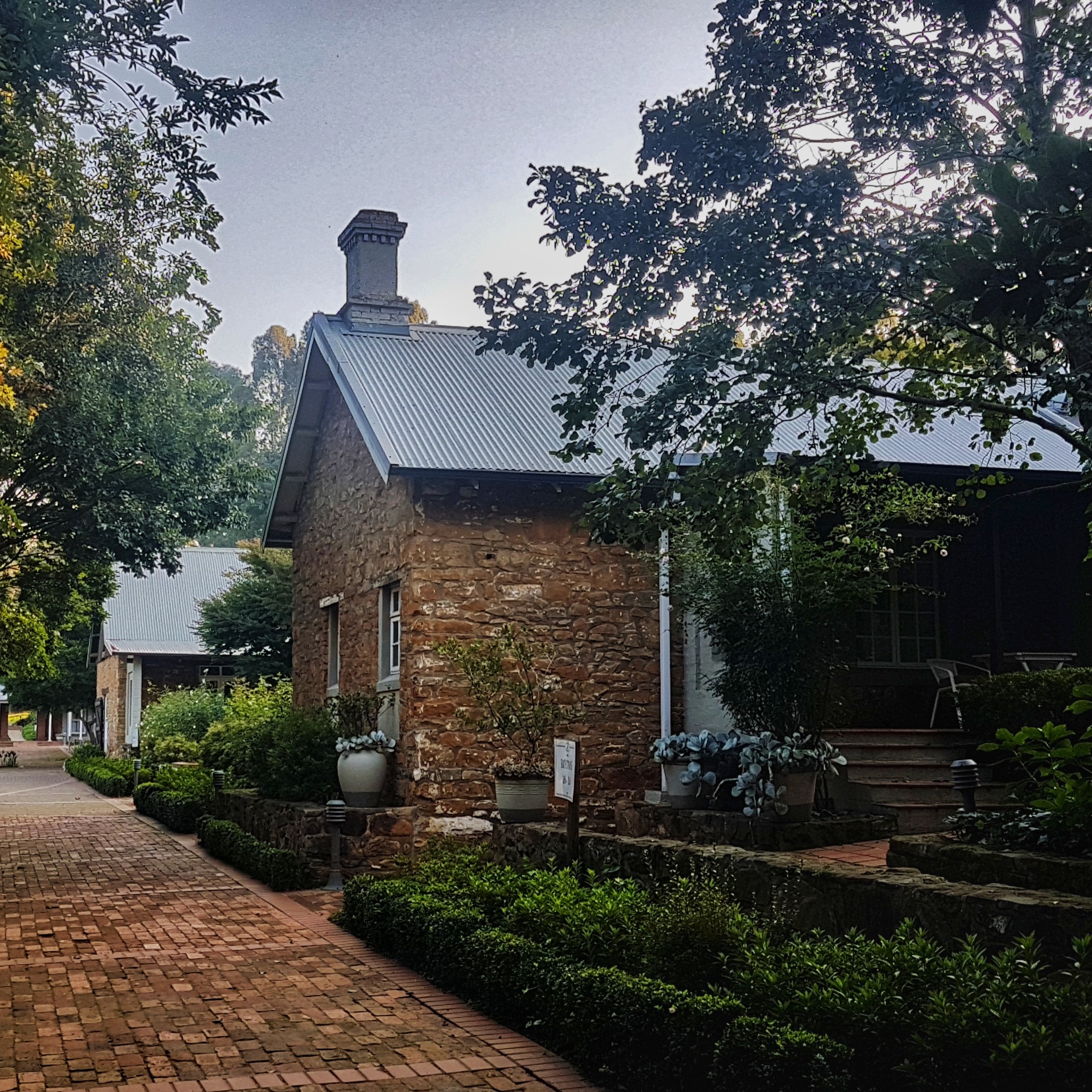In a project launched in mid-2019, conservation-led travel company andBeyond, successfully reintroduced the highly endangered Temminck’s ground pangolin at its flagship game reserve in KwaZulu-Natal, South Africa, thereby reversing local extinction. A feat that is said to have reversed the local extinction of the species in the province.
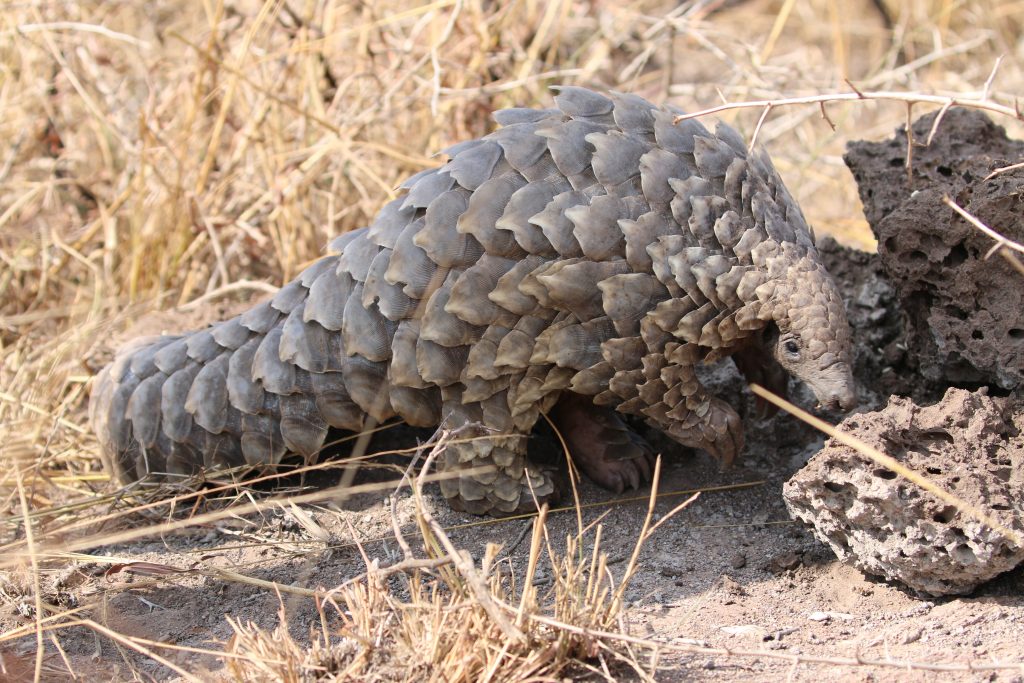
The world’s most intensively poached and trafficked mammal, the pangolin is on the verge of extinction around the world. A near insatiable demand for their scales, which are used in traditional medicine in the Far East, has left all four of Asia’s pangolin species facing extinction. The four remaining African species have increasingly become targeted, with 68 tons of scales representing an estimated 120,000 African pangolin intercepted by law enforcement agencies and customs officials at ports in both Africa and Asia in 2019 alone. Since 2016, more than 206 tons of scales have been intercepted, representing almost 400,000 African pangolins.
Working in conjunction with the African Pangolin Working Group (APWG), the Johannesburg Wildlife Veterinary Hospital and the Humane Society International (HSI) Africa, andBeyond has released several pangolin retrieved from poachers or illegal wildlife traffickers across South Africa in operations undertaken by the South African Police Service (SAPS) and the APWG.
In Africa, over and above the huge losses due to poaching, the additional pressures of habitat loss, the bush meat trade and their traditional use in African tribal dress and medicine have seen the numbers of pangolin decline dramatically. While the savannahs of KwaZulu-Natal were once home to a healthy population, pangolin are thought to have gone locally extinct in the area. The selection of andBeyond Phinda Private Game Reserve as the first pangolin release site in KwaZulu-Natal offers an opportunity to change that.
“Since its inception, Phinda has always been about re-establishing and returning species long gone extinct in the area,” explains Simon Naylor, Conservation Manager at andBeyond Phinda Private Game Reserve. “We were one of the first private or state-owned reserves to attempt the reintroduction of lion, cheetah, elephant and buffalo. Smaller species such as serval, klipspringers, rock hyrax and caracals have all been brought back to the area. The Temminck’s ground pangolin is one of the last remaining mammals to be reintroduced to an area where they once occurred but where they went extinct.”
“This reintroduction attempt is important for a number of reasons. If successful, it could provide a breeding nucleus from which to create further populations of this threatened species. In this way, it brings back a species thought to be extinct in this province. We are very proud to be partnering with the APWG and to be the recipients of the pangolins in their care.”
“The release of pangolins retrieved from the illegal wildlife trade at Phinda is not only a monumental achievement for the region but also a pivotal study to monitor the reintroduction of pangolins into a province that had experienced a local extinction of the species a few decades earlier,” agrees Professor Ray Jansen, Chairman of the APWG.
“This ground-breaking project is the first of its kind for the species and likely for the order Pholidota globally. The dedicated team at Phinda is monitoring the pangolins very closely and we hope to develop a release protocol that can be implemented elsewhere across the species’ distributional range.”
The release of the pangolins has been gradually and carefully monitored. After specialised veterinary treatment by Dr Karin Lourens at the Johannesburg Wildlife Veterinary Hospital and following the release protocol and guidance of the APWG, the animals were slowly introduced to their new habitat. Spending their sleeping hours indoors in specially designed crates, the pangolins were initially released for three to four hours at a time.
During this time, they were closely followed and observed by Phinda’s conservation team, as well as researchers. Once the research team was satisfied that the animals were feeding well, had achieved the ideal weight, and were settled in the chosen area, the pangolins were fitted with VHF and satellite tags and released. After a few days of around-the-clock monitoring, the research team has reverted to checking in on the pangolins twice a day and weighing them once a week.
With the project marking the first time that pangolin have been released into an area where they have previously gone extinct, the close monitoring and research are essential. Because of their solitary and nocturnal nature, pangolins are the least studied order of mammals. With andBeyond’s long-term plan being to release several more pangolin and create a breeding population at Phinda, it is crucial to learn more about the species. Their plan is also to assist and collaborate with other release sites and protected areas to get a regional viable population.
“We have specifically developed release and monitoring techniques to ensure that the reintroduction is successful, and we attain our goal of creating a viable breeding population,” says Naylor. “It is also vital that the pangolin are secure, which is why they are being monitored by our Anti-Poaching Unit and conservation management team.”
In an exciting recent development to the reintroduction project, andBeyond Phinda has welcomed the birth of a pangolin pup, the first of this endangered species to be born in South Africa’s KwaZulu-Natal province in many decades.

“We are very excited about the birth, which is a great indicator of the success of our project and testifies to how comfortable the pangolins have become in their new habitat,” says Naylor. He explained that “in the second half of 2020, we received a female pangolin who had been confiscated from the trade and was found to be pregnant, although we were unsure how far along in the pregnancy she was.”
“In the course of monitoring the pregnant female, we noticed that her weight had dropped slightly and her mammary glands were swollen,” says Naylor. “Suspecting that she may have given birth, we set up a camera trap to confirm the good news. The camera uses a covert back flash, so we were confident that we wouldn’t disturb the animals.”
Footage from the camera has confirmed the birth of the pangolin pup, which is now estimated to be about fourteen weeks old. The reserve’s conservation team is continuing to monitor its progress from afar, using the mother’s tags and the remote camera trap to keep tabs on the new arrival.
With one of the aims of the pangolin reintroduction project at andBeyond Phinda being the establishment of a breeding nucleus from which to create future generations of pangolin, the successful birth of a pup is a significant milestone.
“While KwaZulu-Natal was once home to a healthy population, pangolin are thought to have gone locally extinct in the area generations ago,” explains Naylor. “The fact that the first pup has been born at andBeyond Phinda after decades offers us an opportunity to change that. We can’t wait to see more of our reintroduced pangolins breeding and are looking forward to seeing this success replicated at the other release sites that have now been chosen in the surrounding reserves.”
While many of the costs that come with such an extensive monitoring and research programme have been covered through grants by interested parties such as the Oak Foundation and Ichikowitz Foundation, andBeyond has also launched a Pangolin Conservation Experience that will not only bring in additional income for the project but will also serve as an opportunity to highlight the threats facing the pangolin to its guests. As part of the Experience, guests can choose to fund the periodic replacement of the tags that are attached to the pangolins’ scales and used to track them. In return, they will get to witness the delicate operation and get to spend some time following the little mammal and monitoring its behaviour.
Additionally, guests visiting andBeyond Phinda Private Game Reserve now stand the chance of seeing one of these highly endangered animals foraging in the wild during game drives or while on a guided walk.
andBeyond would like to thank the Department of Environmental Affairs, Ezemvelo KZN Wildlife, the members of the Mun-Ya-Wana Conservancy and the Wild Tomorrow Fund for their assistance and support with the reintroduction of the pangolins.
If you want to donate to make a difference – https://www.andbeyond.com/impact/coalitions/pangolin-reintroduction-project/
Click HERE to read this in the latest Responsible Traveller Mag

